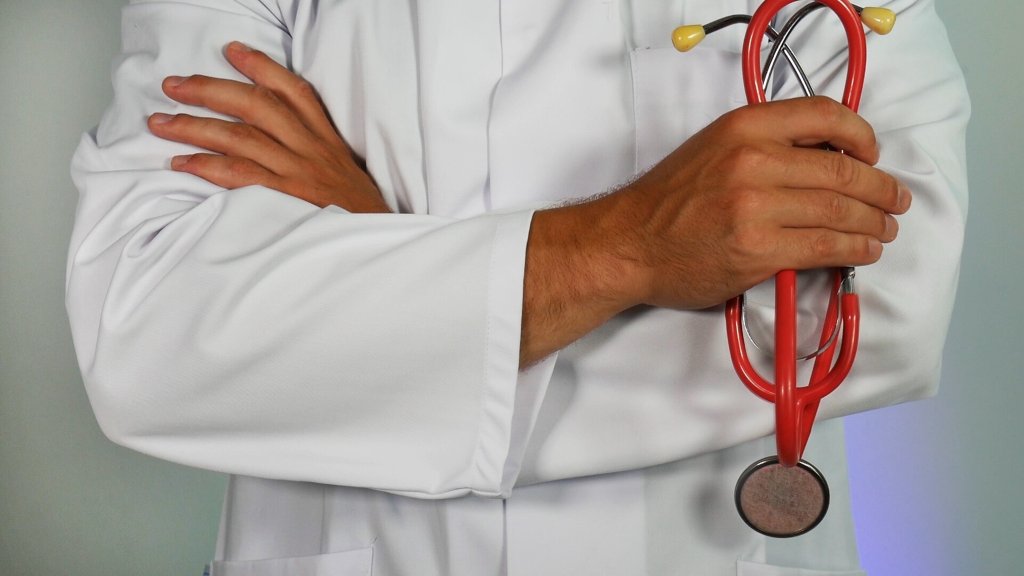People with MPS disease can experience complications with their eyes. Specific features for each MPS disease are below.
Liver, spleen and abdomen
MPS I Hurler, Hurler-Scheie and Scheie
For children with Hurler disease the liver and spleen become enlarged because they are storing mucopolysaccharides. The enlarged liver does not cause problems or lead to liver failure however the size can interfere with eating and breathing. The enlarged liver and spleen coupled with weakness of the tummy (abdominal) muscles can lead to a hernia. A hernia is when an organ, such as the intestine, pushes through a weak spot in the muscle that holds it in place. Treatment options differ depending on the type of hernia, in some cases surgery is needed. People with Hurler-Scheie and Scheie disease are less likely to have hernias.
Many children with MPS I suffer periodically from loose stools and diarrhoea. Occasionally it is caused by severe constipation and leakage of loose stools from behind the solid mass of faeces. The problem may disappear as the child gets older but it can be worsened by antibiotics prescribed for other problems. Speak with your doctor to establish the cause if the problem persists. If there is diarrhoea, which is not secondary to constipation, medication can be very useful in addition to a carefully managed diet.
Constipation may become a problem as a child gets older as they may become less active and the muscles weaken. If managing the diet does not help or is not possible, speak with your doctor to determine which medications are suitable.
MPS II Hunter
For children with MPS II the liver and spleen become enlarged because they are storing mucopolysaccharides. The enlarged liver does not cause problems or lead to liver failure however the size can interfere with eating and breathing. The enlarged liver and spleen coupled with weakness of the tummy (abdominal) muscles can lead to a hernia. A hernia is when an organ, such as the intestine, pushes through a weak spot in the muscle that holds it in place. Treatment options differ depending on the type of hernia, in some cases surgery is needed.
Many children with MPS II suffer periodically from loose stools and diarrhoea. Occasionally it is caused by severe constipation and leakage of loose stools from behind the solid mass of faeces. The problem may disappear as the child gets older but it can be worsened by antibiotics prescribed for other problems. Speak with your doctor to establish the cause if the problem persists. If there is diarrhoea, which is not secondary to constipation, medication can be very useful in addition to a carefully managed diet.
Constipation may become a problem as a child gets older as they may become less active and the muscles weaken. If managing the diet does not help or is not possible, speak with your doctor to determine which medications are suitable.
MPS III Sanfilippo
For children with MPS III the liver and spleen become enlarged because they are storing mucopolysaccharides. The enlarged liver does not cause problems or lead to liver failure however the size can interfere with eating and breathing. The enlarged liver and spleen coupled with weakness of the tummy (abdominal) muscles can lead to a hernia. A hernia is when an organ, such as the intestine, pushes through a weak spot in the muscle that holds it in place. Treatment options differ depending on the type of hernia, in some cases surgery is needed.
Many children with MPS III can suffer from loose stools and diarrhoea. Occasionally it is caused by severe constipation and leakage of loose stools from behind the solid mass of faeces. The problem may disappear as the child gets older but it can be worsened by antibiotics prescribed for other problems. Speak with your doctor to establish the cause if the problem persists. If there is diarrhoea, which is not secondary to constipation, medication can be very useful in addition to a carefully managed diet.
Constipation may become a problem as a child gets older as they may become less active and the muscles weaken. If managing the diet does not help or is not possible, speak with your doctor to determine which medications are suitable
Advice for professionals
We want to give you the tools to be able to learn about MPS, Fabry and related diseases in order for children with the condition to receive a faster diagnosis.
MPS IV Morquio
For children with MPS IV disease the liver and spleen become enlarged because they are storing mucopolysaccharides. The enlarged liver does not cause problems or lead to liver failure however the size can interfere with eating and breathing. The enlarged liver and spleen coupled with weakness of the tummy (abdominal) muscles can lead to a hernia. A hernia is when an organ, such as the intestine, pushes through a weak spot in the muscle that holds it in place. Treatment options differ depending on the type of hernia, in some cases surgery is needed.
Many children with MPS IV suffer periodically from loose stools and diarrhoea. Occasionally it is caused by severe constipation and leakage of loose stools from behind the solid mass of faeces. The problem may disappear as the child gets older but it can be worsened by antibiotics prescribed for other problems. Speak with your doctor to establish the cause if the problem persists. If there is diarrhoea, which is not secondary to constipation, medication can be very useful in addition to a carefully managed diet.
Constipation may become a problem as a child gets older as they may become less active and the muscles weaken. If managing the diet does not help or is not possible, speak with your doctor to determine which medications are suitable.
MPS VI Maroteaux-Lamy
For children with MPS VI disease the liver and spleen become enlarged because they are storing mucopolysaccharides. The enlarged liver does not cause problems or lead to liver failure however the size can interfere with eating and breathing. The enlarged liver and spleen coupled with weakness of the tummy (abdominal) muscles can lead to a hernia. A hernia is when an organ, such as the intestine, pushes through a weak spot in the muscle that holds it in place. Treatment options differ depending on the type of hernia, in some cases surgery is needed.
MPS VII Sly
For children with MPS VII disease the liver and spleen become enlarged because they are storing mucopolysaccharides. The enlarged liver does not cause problems or lead to liver failure however the size can interfere with eating and breathing.

Need someone to talk to?
Our support includes an active listening service and telephone helpline.
